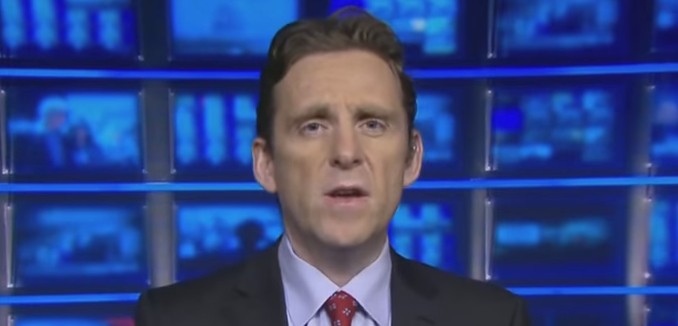The Obama administration’s apparent intent to allow Iran access to the United States banking system goes “above and beyond” what is required by last year’s nuclear deal, a top Iran sanctions expert has said.
Mark Dubowitz, executive director of Foundation for Defense of Democracies (FDD), described a reported US Treasury Department plan to allow the use of American dollars to facilitate global business transactions with Iran as “a bait and switch which ignores a long-standing administration commitment not to greenlight Iran’s access to the greenback.”
“This is above and beyond what is required by the nuclear deal,” Dubowitz added.
According to the Associated Press, “Several restrictions would apply, but such a license would reverse a ban that has been in place for several years and one the administration had vowed to maintain while defending last year’s nuclear deal to skeptical U.S. lawmakers and the public.”
Sen. Marco Rubio (R – Fla.) and Sen. Mark Kirk (R – Ill.) documented instances during which the Treasury Department assured Congress that it would not allow Iran direct or indirect access to the American banking system as part of the nuclear deal. In a letter to Secretary of the Treasury Jack Lew on Thursday, the lawmakers wrote:
Senior officials in the Treasury Department have repeatedly assured Congress that the Administration will not allow Iran direct or indirect access to the U.S. financial system, and we believe this prohibition to be prudent in light of the Iranian regime’s continued state sponsorship of terrorism, threatening ballistic missile activities, and egregious violations of human rights. In testimony before the Senate Foreign Relations Committee on July 23, 2015, you said: “Iranian banks will not be able to clear U.S. dollars through New York, hold correspondent account relationships with U.S. financial institutions, or enter into financing arrangements with U.S. banks.” And in testimony before the Senate Committee on Banking, Housing, and Urban Affairs on September 17, 2015, Acting Under Secretary of the Treasury Adam Szubin assured lawmakers that “no Iranian banks can access the U.S. financial system; not to open an account, not to purchase a security, and not even to execute a dollarized transaction where a split seconds worth of business is done in a New York clearing bank”
Dubowitz and Annie Fixler, a policy analyst at FDD, argued on Wednesday that the possible concession would severely limit the ability of the US to impose new sanctions on Iran in the event of future nuclear deal violations.
If the Obama administration grants Iran access to the world’s most important currency, U.S. sanctions will be severely undermined without any reciprocity. Tehran will receive yet another significant and unilateral concession. And Washington will have lost critical leverage to target Iran’s terror finance, missile activities, destabilizing regional aggression, systemic human rights abuses, and the financial and military backing of the Assad regime.
Word of the administration’s intent to further ease sanctions by opening up the US banking system to Iran has prompted criticism from experts and lawmakers. In a Wall Street Journal op-ed earlier this week, Dubowitz and Jonathan Schanzer, FDD’s vice-president for research, called on Congress to block such a move until it “can get the intelligence community to verify that Iranian banks have stopped financing terrorist groups such as Hezbollah and Hamas—not to mention money laundering and other financial crimes.”
When State Department Spokesperson John Kirby was asked about the new sanctions relief during a Monday press briefing, he declined to answer, referring the question to the Treasury Department. Kirby’s non-response prompted Matt Lee of AP to say that it “doesn’t sound like it’s going to ease any of the concerns on the Hill.”




